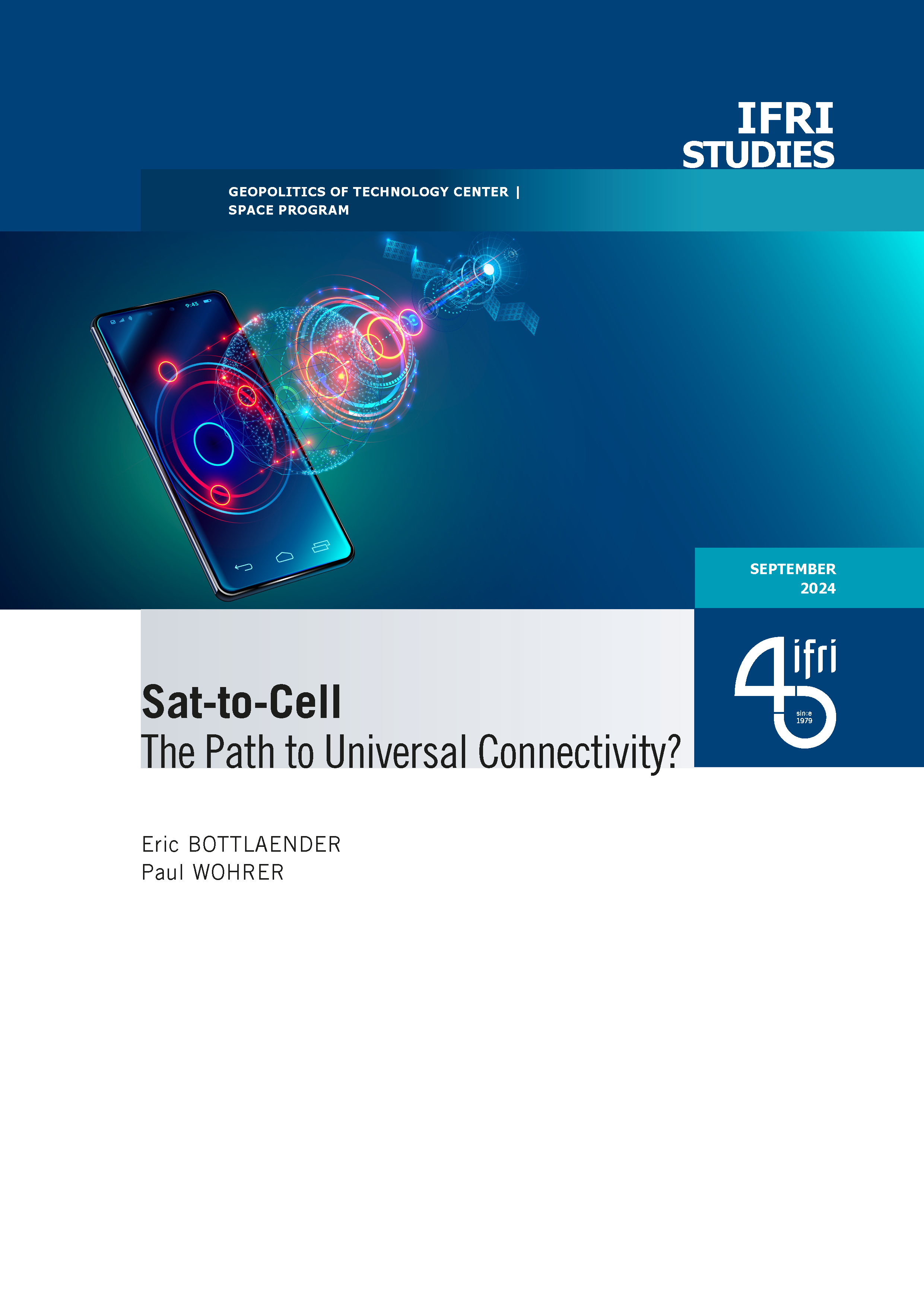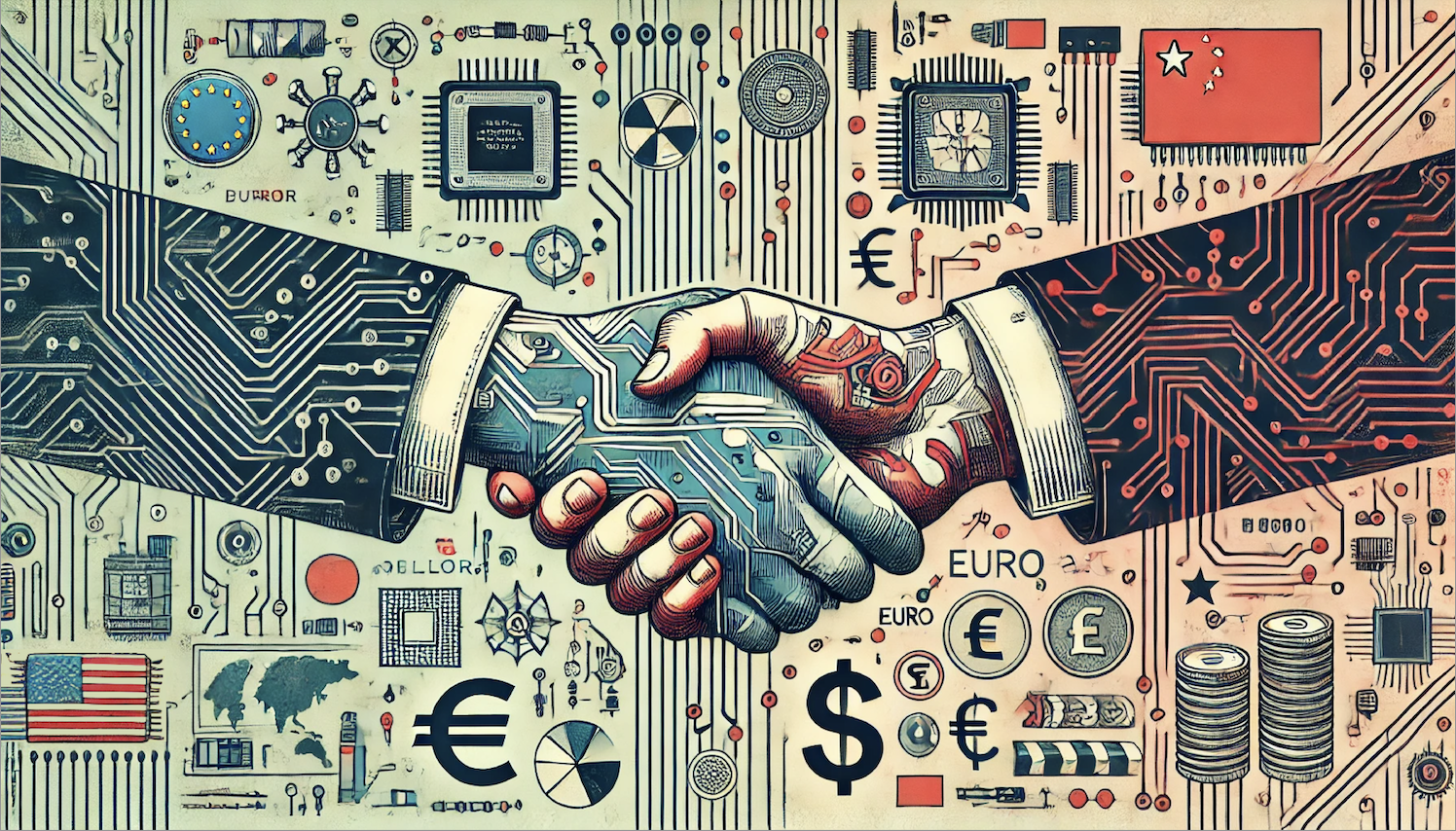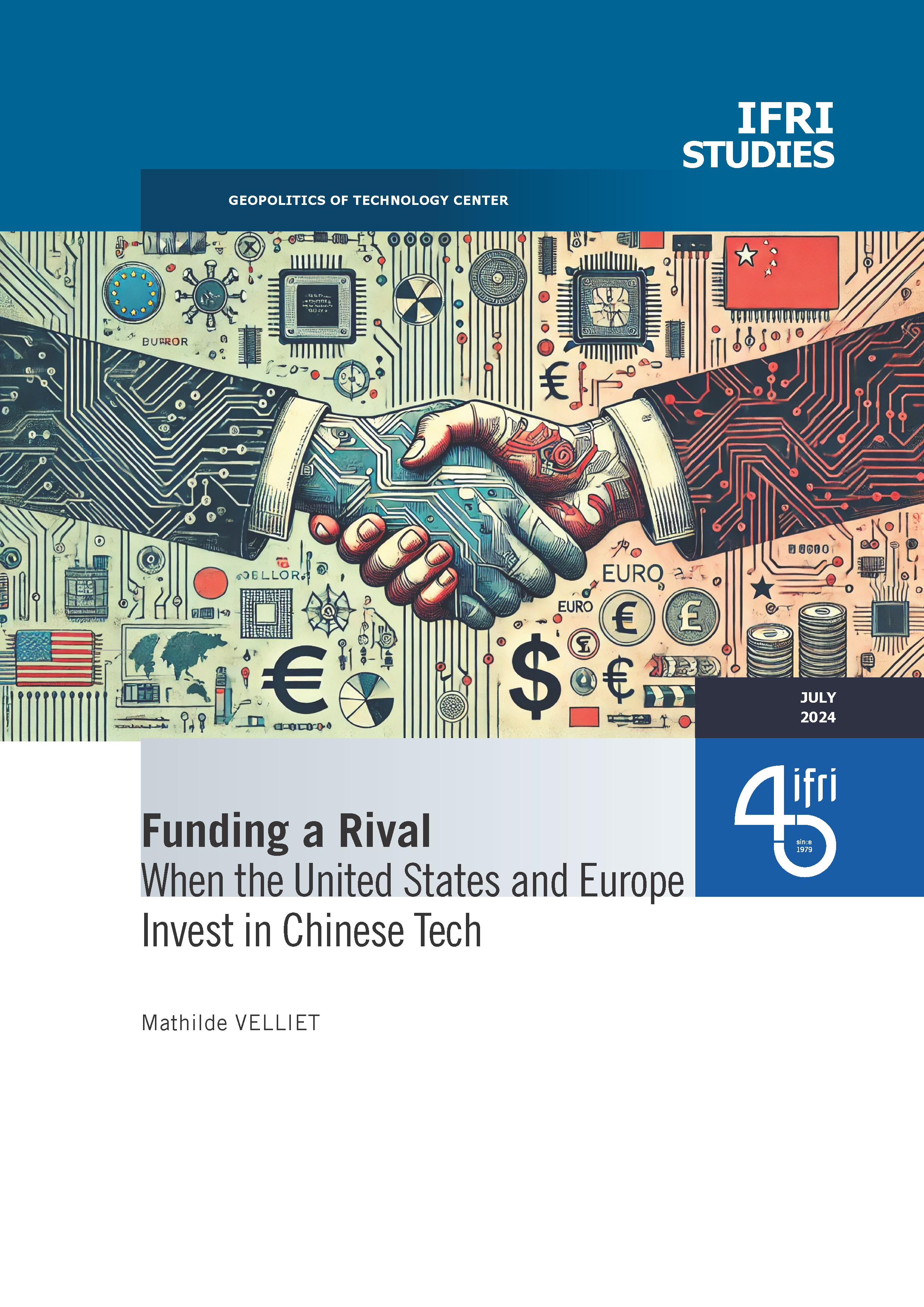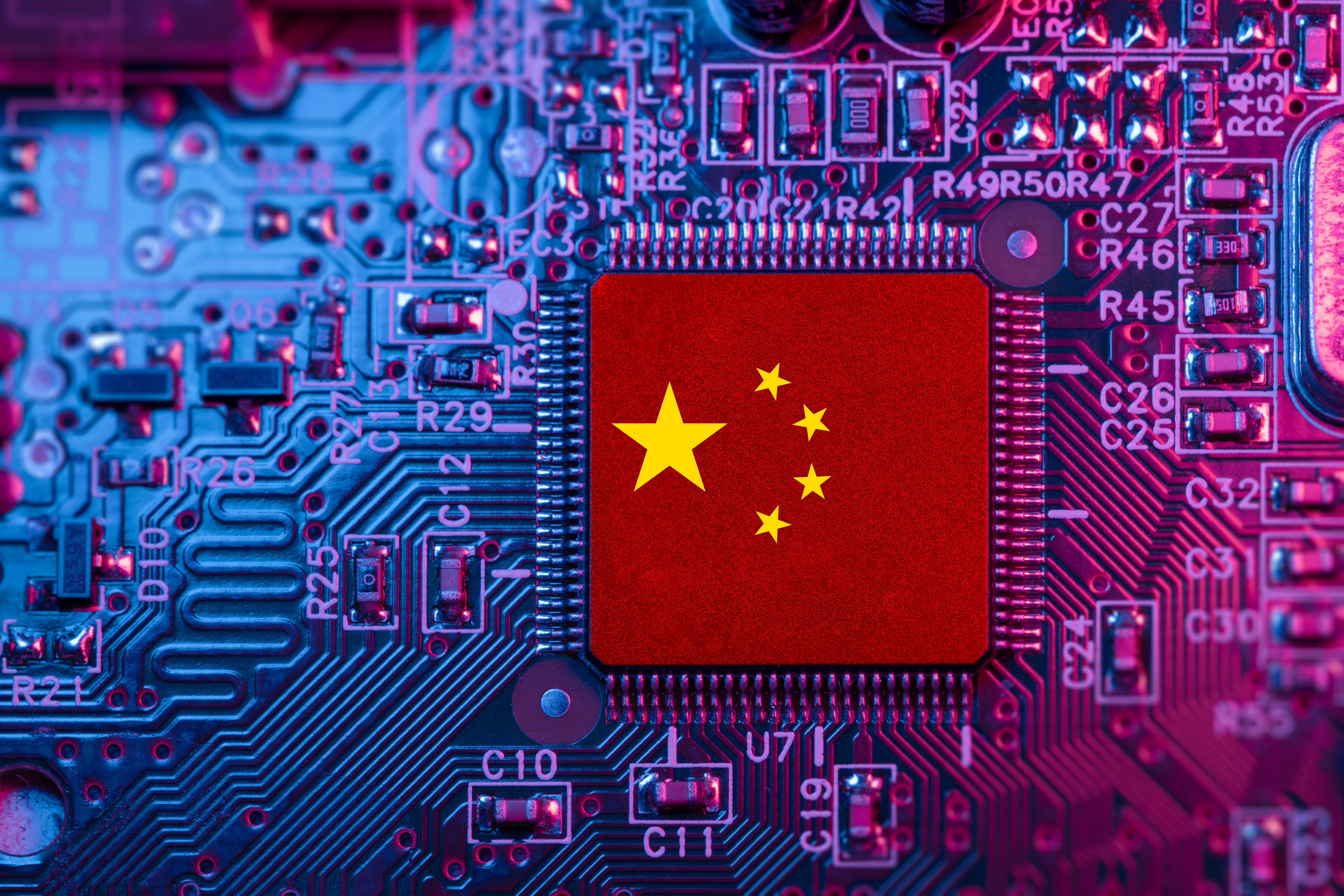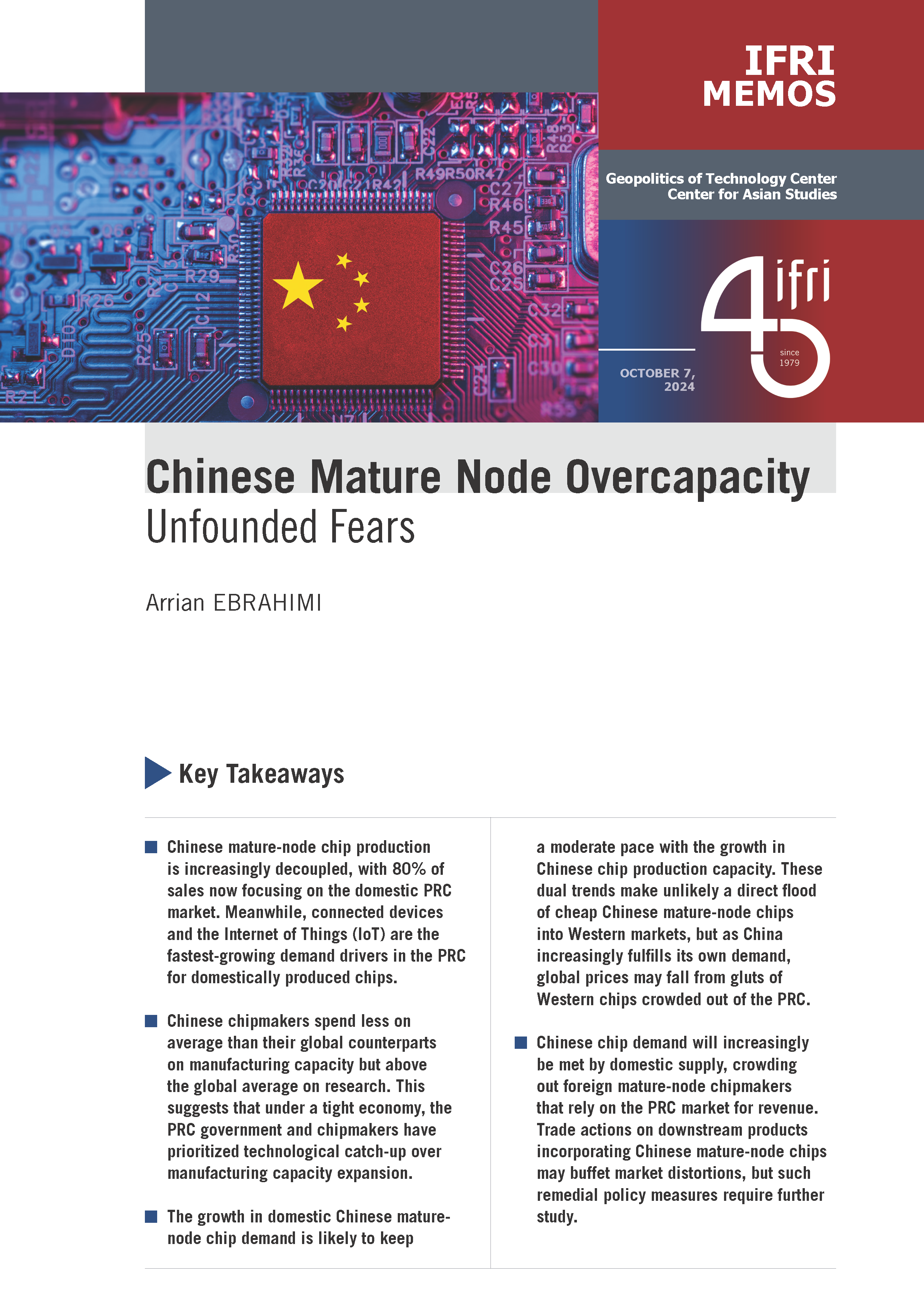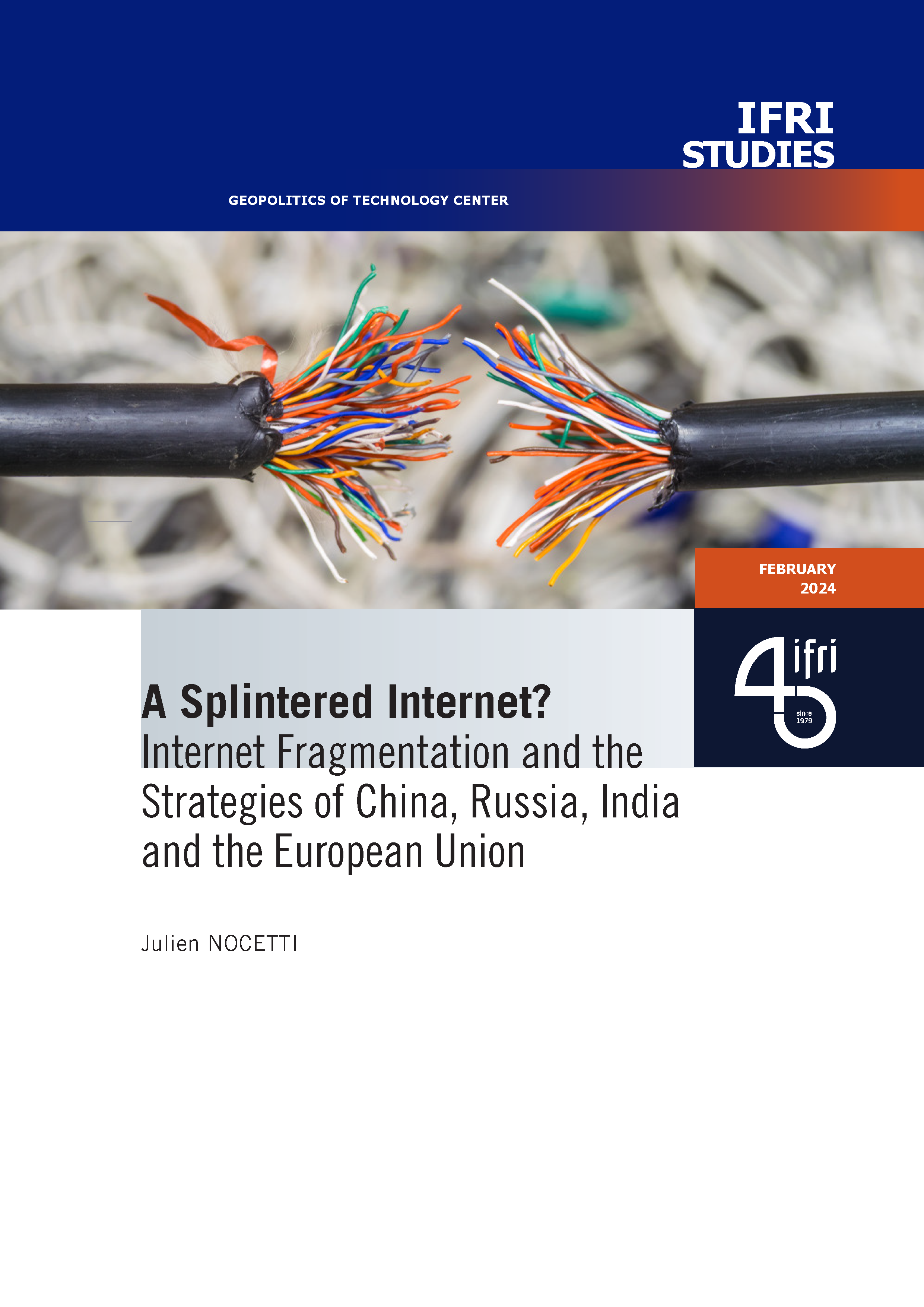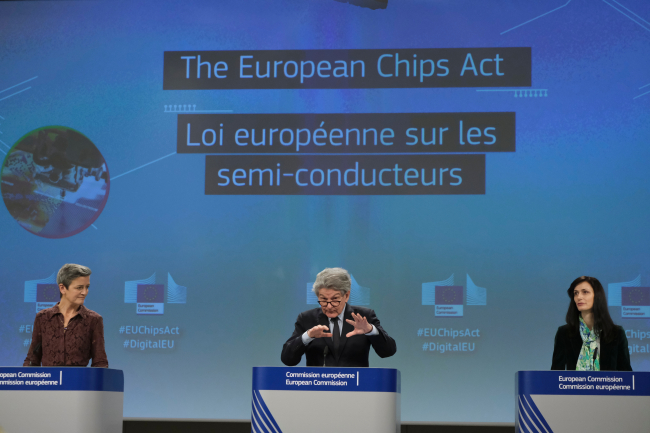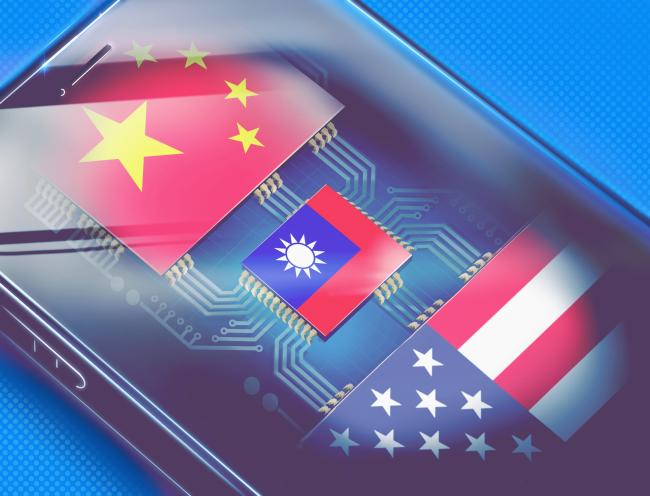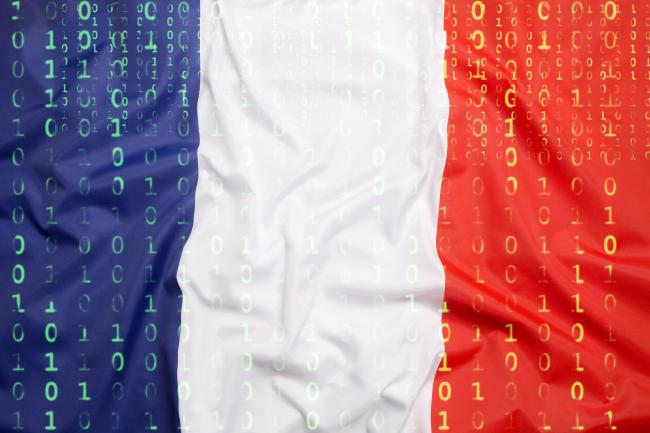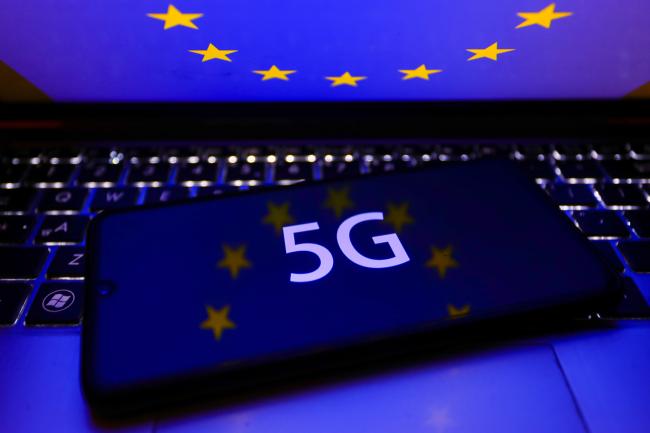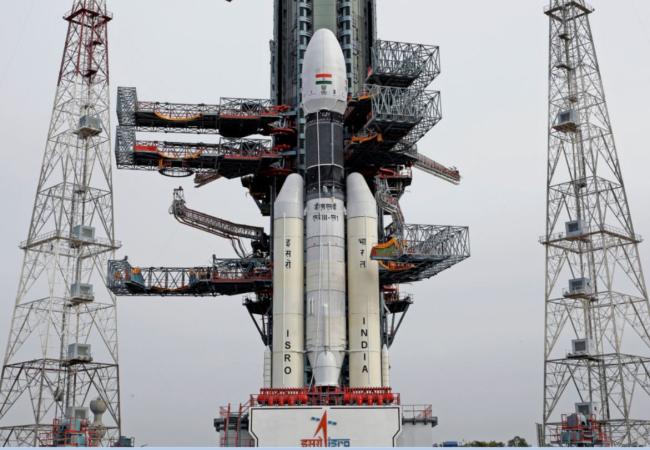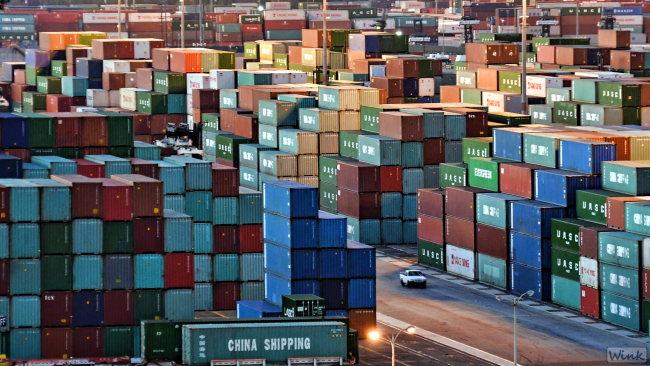Center for Geopolitics of Technology
Artificial intelligence (AI), 5G, cybersecurity, robotics, semiconductors, space... Technology, especially in the digital domain, is now deeply affecting all human activities and, by extension, international relations. The resulting political, strategic, economic and social issues manifest themselves at multiple political scales involving states, international organizations and private companies. The dynamics of international competition and cooperation are transformed.
It is to respond to these challenges that Ifri is launching the Geopolitics of Technology program in the fall of 2020, which builds on the work it already carried out on these subjects for several years.
The program takes a resolutely European approach to international issues related to so-called critical technologies. Its work is organized around four cross-cutting themes:
- Power: redistributions of power caused by new technologies, in particular digital; military and dual innovations; transformations of international competition;
- Sovereignty: definition of critical infrastructures and technologies; industrial and innovation policies in strategic sectors; opportunities and risks associated with international value chains;
- Governance: ethical and legal issues; interactions between companies, states, international organizations and users; public-private partnerships and GovTech;
- Society: political and social impacts of technological innovations; risks and opportunities for the future of work, health, the fight against climate change; connectivity and economic development.
Read more


Director, Center for Geopolitics of Technology, Ifri
Publications
See all our interventions
Flagship Publications
Titre Bloc Axe
Research Areas
See all our interventions
Titre Axe de recherche
Power
Redistributions of power caused by new technologies, in particular digital; military and dual innovations; transformations of international competition.
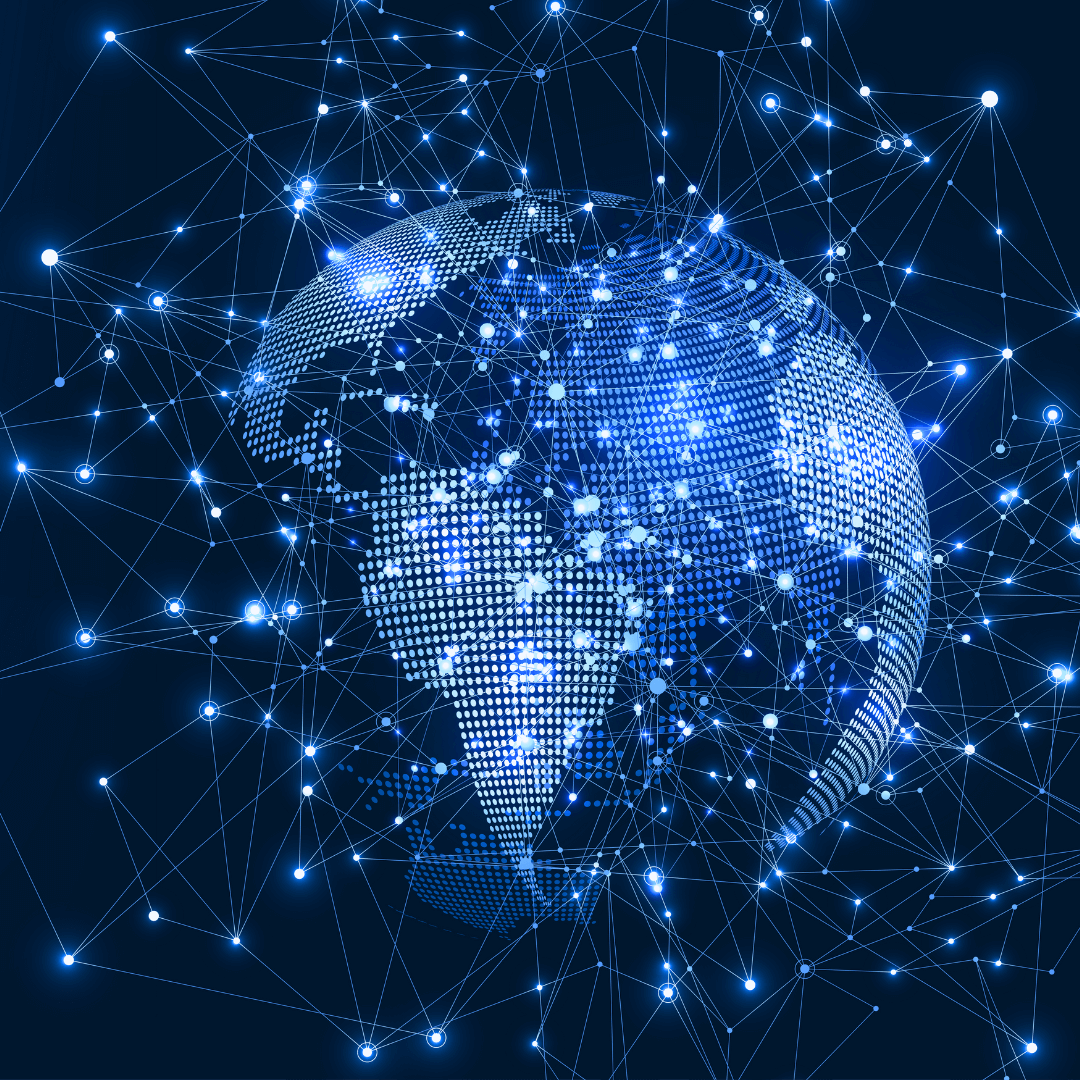
Titre Axe de recherche
Sovereignty
Definition of critical infrastructures and technologies; industrial and innovation policies in strategic sectors; opportunities and risks associated with international value chains.

Titre Axe de recherche
Governance
Ethical and legal issues; interactions between companies, states, international organizations and users; public-private partnerships and GovTech.

Titre Axe de recherche
Society
Political and social impacts of technological innovations; risks and opportunities for the future of work, health, the fight against climate change; connectivity and economic development.

Titre Axe de recherche
Space
Today, as part of its research agenda, Ifri mobilizes several of its centers and programs to transversally tackle the theme of space, through three main inputs:
- the competition of powers, driven by the Sino-American rivalry;
- critical points related to mastery of space, such as the issue of autonomous access to space or the mega-constellations necessary for the digital revolution;
- these developments’ challenges for Europe and its status as a space power.
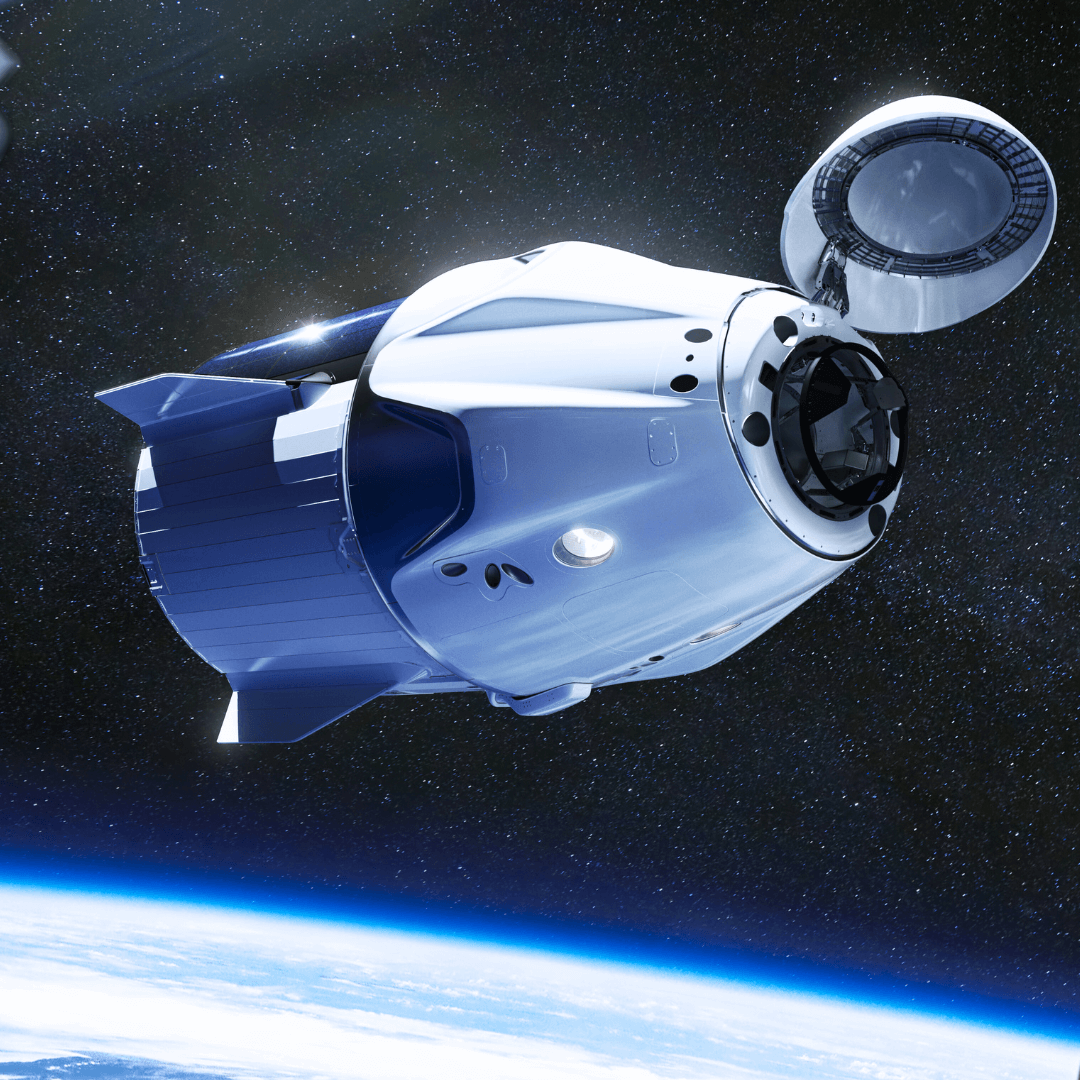
Related research programs
The Team

Our research fellows: Center for Geopolitics of Technology
Publications
Critical technologies and industrial capabilities: National definitions and implications. The French case.
France has historically paid significant attention to strategic technologies and industries, whether they were strictly defence- and nuclear deterrence related, or considered as vectors of national independence and security, more broadly.
Fishing for Chips: Assessing the EU Chips Act
China, the United States, and the European Union (EU) are currently developing strategies for semiconductors aimed at financing R&D and the installation of new factories on their territories, in particular through subsidies. The EU Chips Act, announced in February 2022, represents a real break in Europe's industrial policy.
The Political Economy of the Metaverse
The "metaverse", at the heart of the strategy of large digital companies such as Facebook (Meta), does not yet exist and it will take decades to build it. This briefing provides an overview of the issues.
Implications of the Global Supply Chain Reform: A Taiwanese Perspective
How have both the private and public sectors in Taiwan sought to mitigate the challenges posed by the reform agenda for global supply chains (GSCs)?
Europe’s Quest for Technological Power
Computing power plays a key role in enabling data analytics and machine learning, in cybersecurity, for scientific research, and in military domains like nuclear warhead design and detonation simulation.
Digital Sovereignty Review of Macron’s Term and Debates in the 2022 Presidential Campaign
One month before the French presidential election, this briefing assesses the actions undertaken during Macron's term as well as the presidential candidates' proposals concerning France's digital sovereignty.
Convince and Coerce: U.S. Interference in Technology Exchanges Between its Allies and China
The tough-on-China policy adopted by the Trump and Biden administrations has – and will increasingly have – important consequences for Washington’s allies, both on their infrastructure choices (5G, submarine cables...) and on their technological exchanges with China.
Europe and the Geopolitics of 5G: Walking a Technological Tightrope
The acute Sino-American tensions which started in 2018 have been coupled with controversies around 5G technology, exemplified by the spotlight placed on Chinese equipment manufacturer Huawei and the security risks associated with its use. For Europe, the 5G challenge at the international level is drawing a very complex landscape.
Indian Space Program and its Drivers: Possible Implications for the Global Space Market
India has one of the oldest space programs in the world with space playing a critical role in India’s national development and external power projection capability.
Strengthening Sovereignty in the Era of Global Value Chains
How to reduce the vulnerabilities induced by these global value chains to be more independent, while taking into account the reality of these productive processes which precisely generate interdependencies?
Support independent French research
Ifri, a foundation recognized as being of public utility, relies largely on private donors – companies and individuals – to guarantee its sustainability and intellectual independence. Through their funding, donors help maintain the Institute's position among the world's leading think tanks. By benefiting from an internationally recognized network and expertise, donors refine their understanding of geopolitical risk and its consequences on global politics and the economy. In 2024, Ifri will support more than 70 French and foreign companies and organizations.










